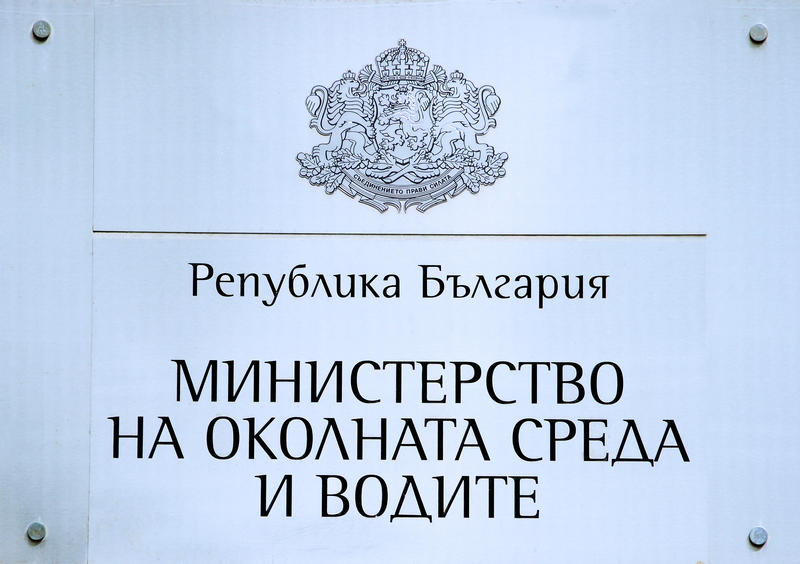Failure to close and clean up landfills is subject to infringement procedure under EU law in case C-145/14
20 Jul, 2021 | 16:08The years-long neglect of the problem with the slow pace of closure and cleaning up of old municipal landfills, which do not comply with European legislation - neglect at both local and national level, is the direct reason that entailed the notification by the European Commission on 15.07.2021 that our country will be brought before the Court of Justice of the EU as a result of non-compliance with the Court decision in case C-145/14 of 15.07.2015.
Considering the case law of the Court of Justice of the EU, large-scale, both one-time and daily, penalty fees will be imposed on our country as a direct result of the lack of clear vision at the political level how to deal with the problem immediately after the Court decision. Despite the infringement procedure and the danger of having financial penalties imposed, the leadership of the MOEW at the time and the government of the Republic of Bulgaria did not take adequate measures to implement the decision by the Court of Justice - not only no adequate plan for the implementation of the activities in fulfillment of the obligations of our country was designed, but there was also failure to estimate correctly the amount of funds needed.
The maximum term for implementation of the actual technical cleaning up was 5 years after the decision of the Court of Justice of the EU from July 2015 – i.e. until July 2020. Only in 2019 the leadership of the MOEW realized with a fatal delay that the funding from EMEPA is extremely insufficient and 4 years after the court decision it decided that Operational Program “Environment” (OPE) can be a source of funding.
At a meeting of the OPE Monitoring Committee on 17.10.2019, a categorical opinion was received from the EU Affairs and International Cooperation Directorate that the continuation of the process of cleaning up the 97 landfills after the deadline (31.12.2020) is sure to trigger the next stage of the infringement procedure and entail a referral to the Court of Justice of the EU with a request for imposition of financial penalties. Was it possible within the remaining 9 months to meet the requirements of the Court of Justice, the fulfillment of which should have started in 2015?
A series of actions in panic followed: an amendment to the program was made to include such activity as eligible, but another 5 month delay occured before the announcement of the procedure, until the final list of landfills to be financed was drawn up; OPE included in the application guidelines the maximum term for implementation of the technical cleaning up according to the decision by the Court of Justice of the EU and although the deadline was already practically impossible to keep, signed 48 contracts with municipalities; finally, in the autumn of 2020, the Directorate for Waste Management and Soil Protection in a report proposed to the Minister of Environment and Water to commission OPE to extend the deadline for implementation of the activities under the contracts by annex and set the deadline to 31.12.2020 - given that no such legal possibility exists.
It is clear that it was too late for these actions to attain the desired result. The country now faces the peril of infringement liability for irresponsible mismanagement during the preceding 5 years.
Bulgaria will be faced with huge penalty fees by the Court of Justice of the European Union, because 43 of the landfills for non-hazardous waste have not yet been cleaned up (given that initially 113 were included in the Court decision from 2015 in case C-145/14).
